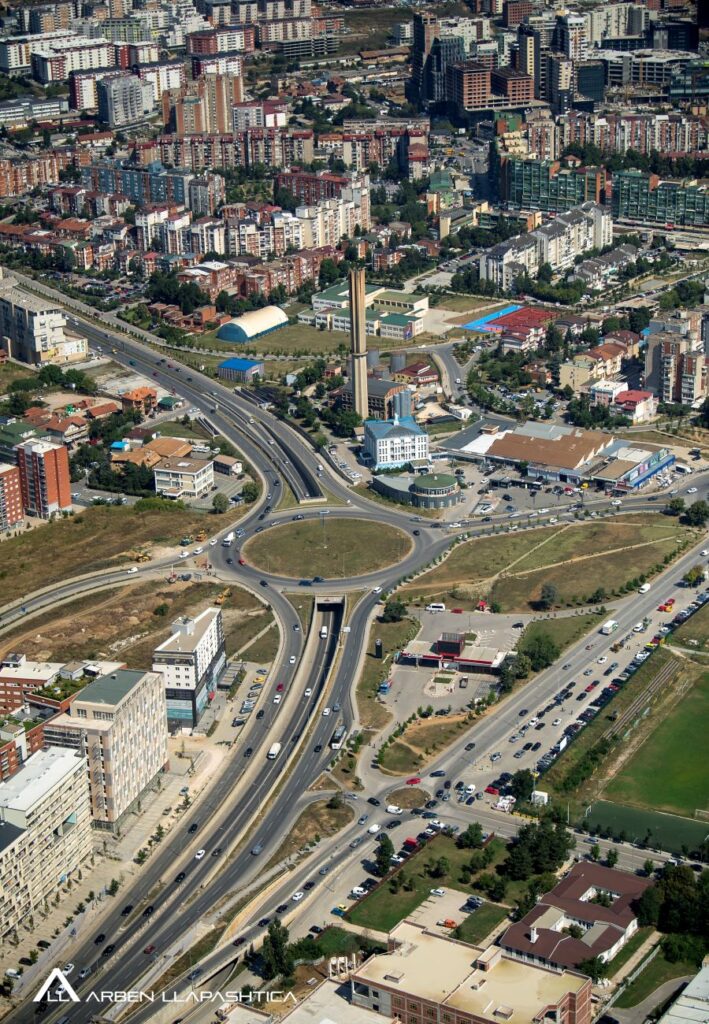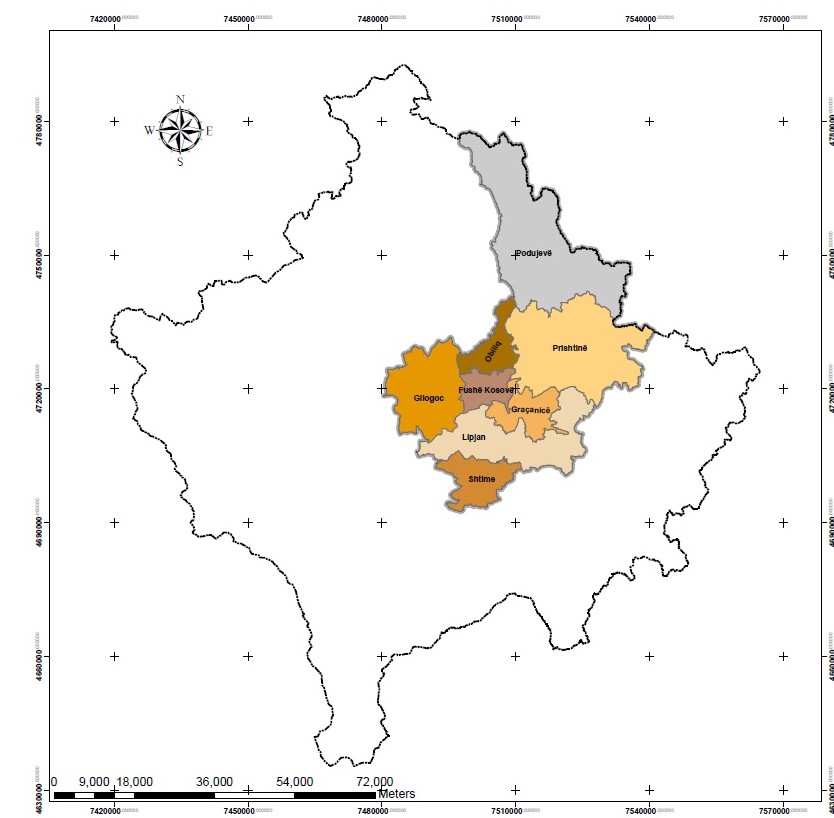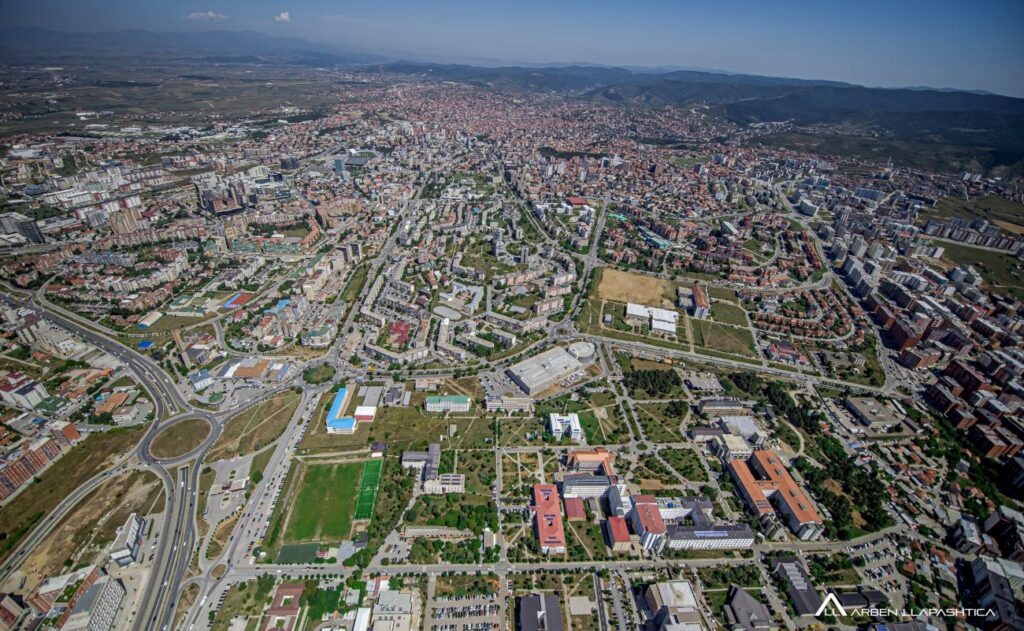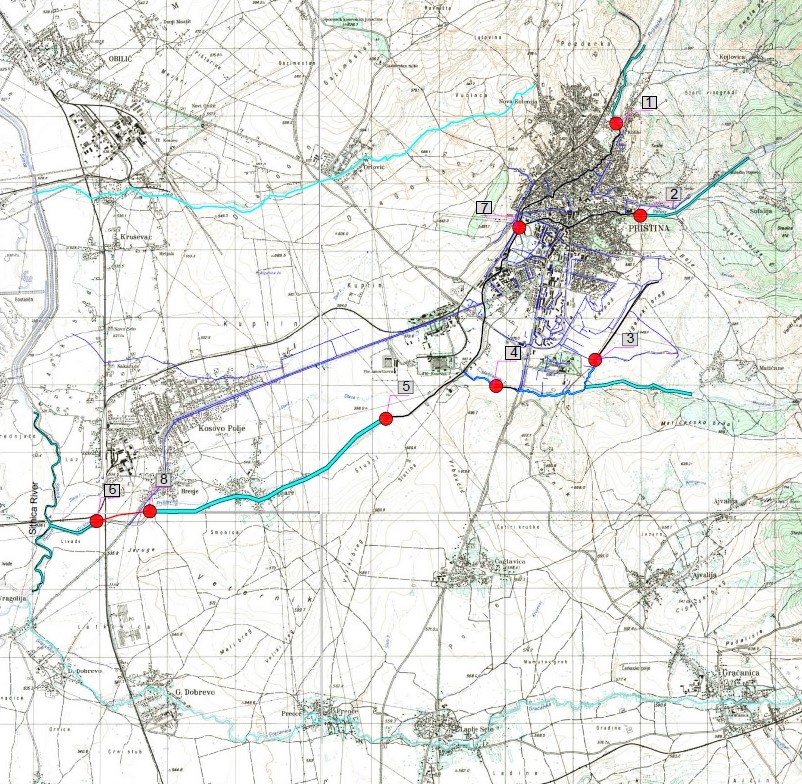Sewage Disposal Kosovo I/II
The objective of the project is to enhance the collection and treatment of wastewater, as well as the management of stormwater. These investments also support Kosovo in its efforts to comply with EU environmental legislation.
Within the framework of bilateral cooperation, the Federal Republic of Germany has committed grant funds in the amount of EUR 13.4 million for the “Sewage Disposal Kosovo” project. An additional EUR 15 million in grant funds are envisaged for the project in 2020. Furthermore, the European Union is considering significant co-financing from IPA 2021 funds, amounting to approximately EUR 60 million.
The objective of the project is to enhance the collection and treatment of wastewater, as well as the management of stormwater. These investments also support Kosovo in its efforts to comply with EU environmental legislation.
The objective of the consulting services is twofold. Firstly, to develop a comprehensive Master Plan for the entire service region of RWCP, which encompasses approximately 35% of Kosovo. Secondly, to prepare a Feasibility Study for Greater Prishtina, encompassing the cities of Pristina, Fushë Kosovë, Obiliq, Gracanica, and additional agglomerations.
Kindly note that the revised paragraph assumes that RWCP refers to a specific entity or organization related to the project. If RWCP has a different meaning or context, please provide more information for further clarification.
The preparation of Masterplan for wastewater and stormwater treatment in the complete service area of Reginal Water Company Prishtina, which caters to a population of about 620,000.
This service area includes seven towns and 278 villages, covering approximately 30% of Kosovo.
The scope of work involves identifying clusters and project measures, along with developing a conceptual design and conducting hydraulic analysis and identification of investment.
Furthermore, a Feasibility Study was conducted specifically for the central part of Reginal Water Company Prishtina, serving a population of about 390,000. This study encompasses four towns and 27 villages. The preparatory phase involves activities such as flushing and CCTV inspection of 20 km of sewer lines, flow measurement, composite sampling, topographical survey (including drone survey), and conducting a manhole survey (around 500 manholes).
During the planning phase, a preliminary design will be developed, and a hydraulic analysis of the sewer network and stormwater systems will be conducted. Other assessments to be undertaken include flood risk assessment, climate risk assessment, cost estimation, financial and economic analysis, institutional analysis, target group analysis, peace and conflict assessment, and the application of a Green City approach.
The project also includes the preparation of an Environmental and Social Impact Assessment (ESIA) and a stakeholder engagement plan. Additionally, an E&S Commitment Plan will be developed. The sewer network is set up in a Geographic Information System (GIS), and the necessary documentation for the permission process in Kosovo will be prepared. An implementation schedule will also be developed.
The design phase involves the design of nine wastewater treatment plants (ranging from 44,500 to 430,000 population equivalents) to comply with EU Directive 91/271/EEC and DWA-A 131E – June 2016. It also includes the design of four sewer pumping stations with detention basins, sewer trunk mains (430 km) and sewerage networks (390 km) of various diameters, pumping mains (12 km), river crossings (3), railway and highway/regional road crossings (13), and overflow chambers (33). Additionally, a zero-emission administration building covering approximately 60,000 m2 is designed.











